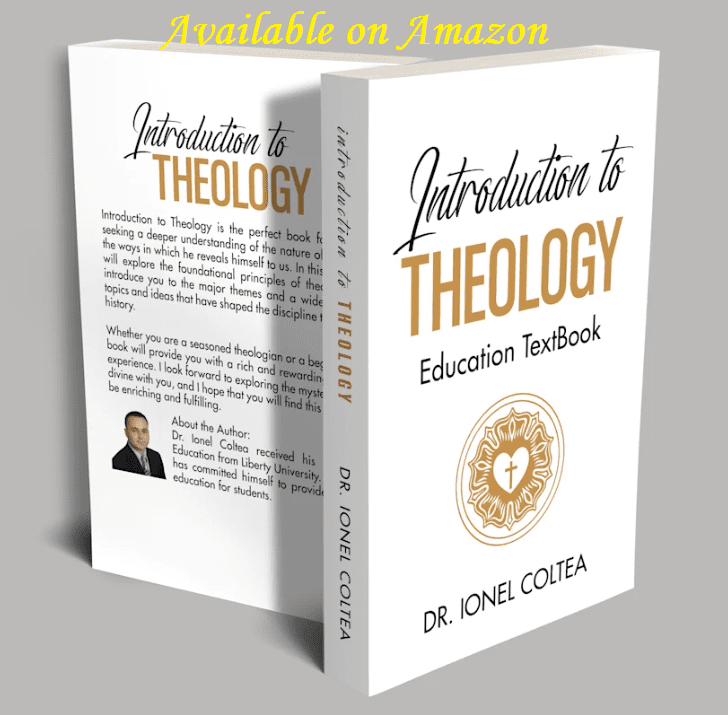The relationship between religion and morality is complex and can be understood in different ways depending on the individual’s perspective. Some religious traditions hold that morality is derived from religious teachings and that following these moral codes is necessary for salvation or spiritual growth. Others argue that morality is independent of religion and that one can be moral without being religious.


Some argue that religion provides a framework for understanding morality and gives people a sense of purpose and meaning, while others argue that religion can be used to justify immoral actions. Additionally, religious beliefs can also influence the way people understand and approach moral issues, such as views on sexuality, war, and social justice.
Religion provides a framework for understanding morality by providing a set of guidelines and principles for how to live a good and virtuous life. Many religious traditions have codes of conduct, such as the Ten Commandments in Christianity or the Five Pillars of Islam, that outline what is considered moral behavior. These codes often include principles such as honesty, compassion, and respect for others, which serve as a foundation for moral decision-making.
Furthermore, religion often provides a sense of moral authority, which can give people a sense of certainty and confidence in their moral beliefs. Additionally, religion can also provide a sense of transcendent purpose and meaning by connecting individuals to something greater than themselves, which can provide a sense of direction and motivation for living a moral life.
Moreover, religious communities often provide a sense of belonging, identity, and support, which can help individuals to internalize and uphold moral principles. This community can also provide accountability, guidance, and accountability to help individuals to live out their moral beliefs.


The relationship between religion and morality can be complex, and can be seen as supportive or conflicting depending on the context and perspective. Religion provides a framework for understanding morality by giving a set of guidelines, principles, and moral authority that can give people a sense of certainty, purpose and direction in their moral decision making. It also provides a sense of belonging, identity, and support through communities that can help individuals to internalize and uphold moral principles.
Check our academic programs here.






